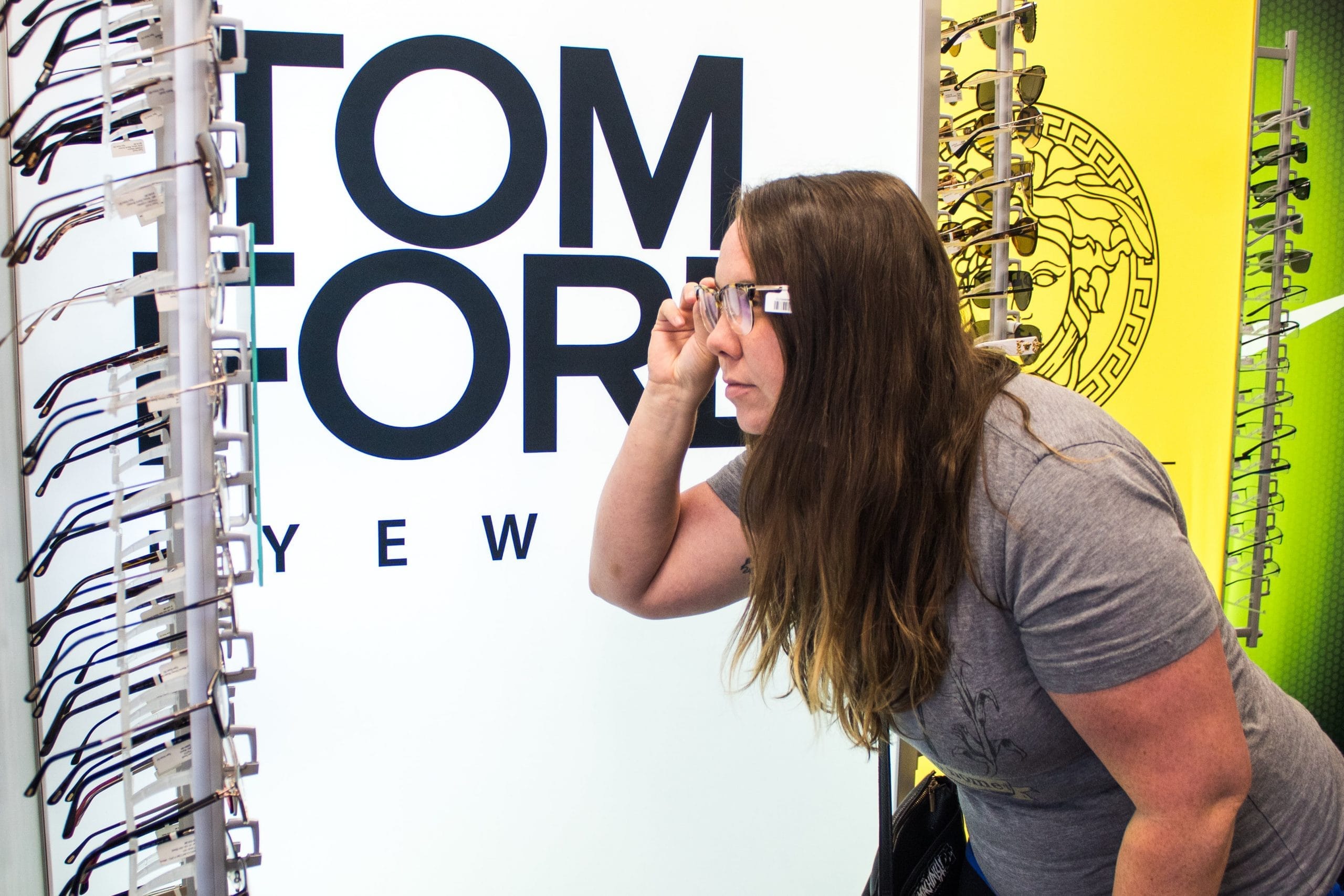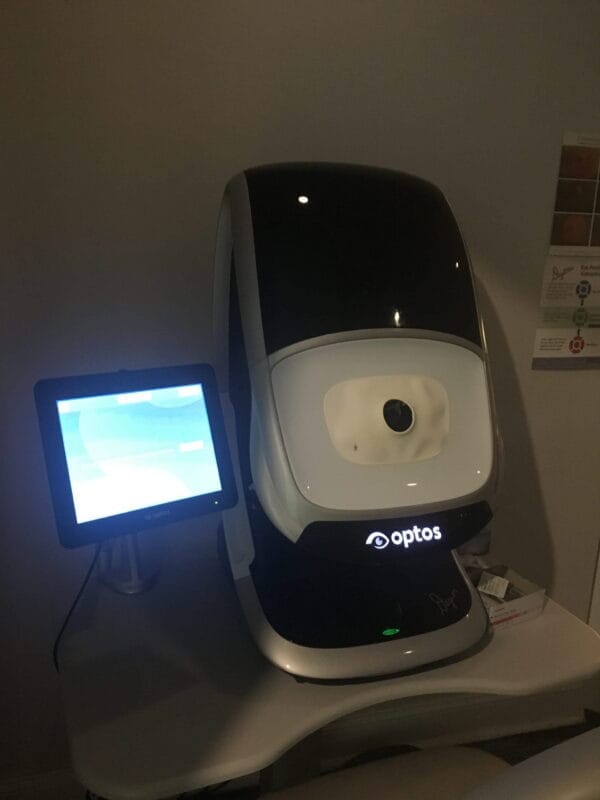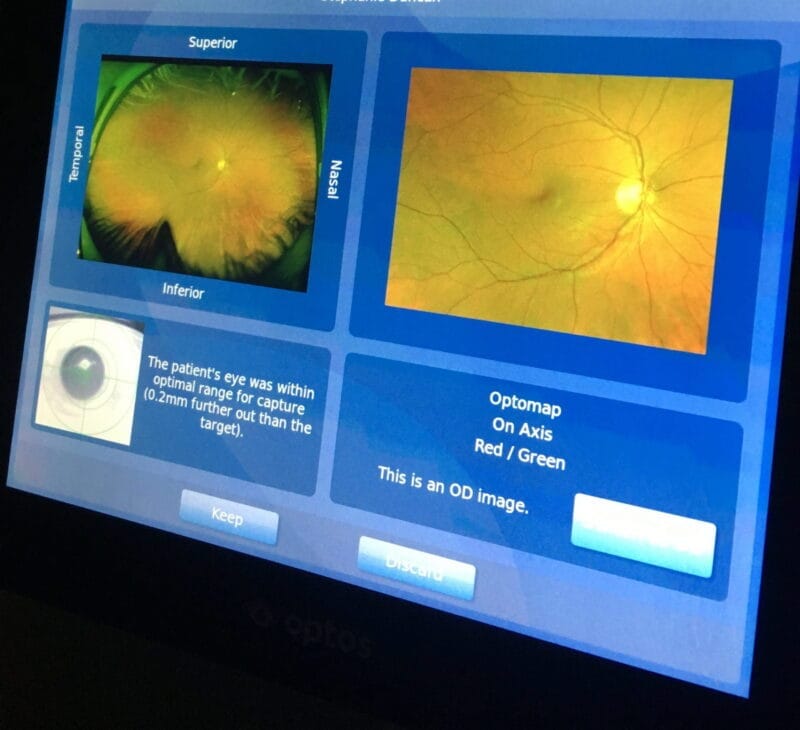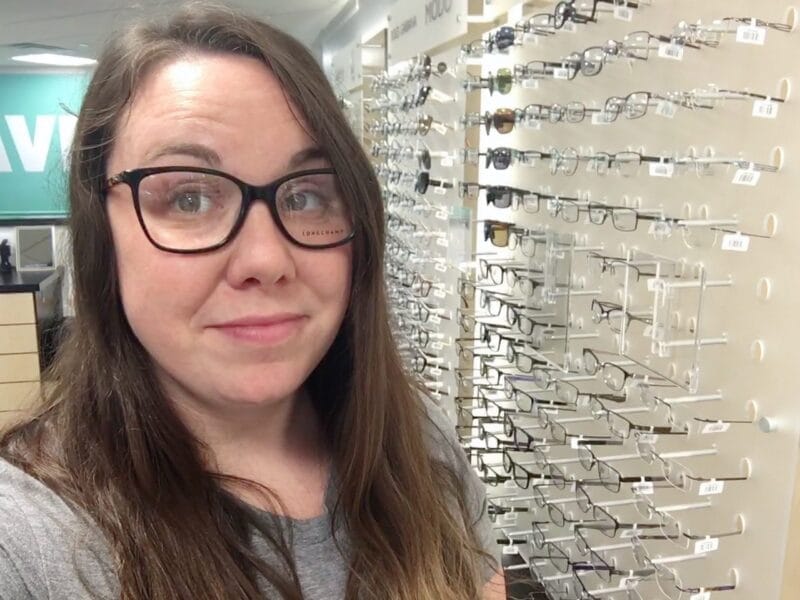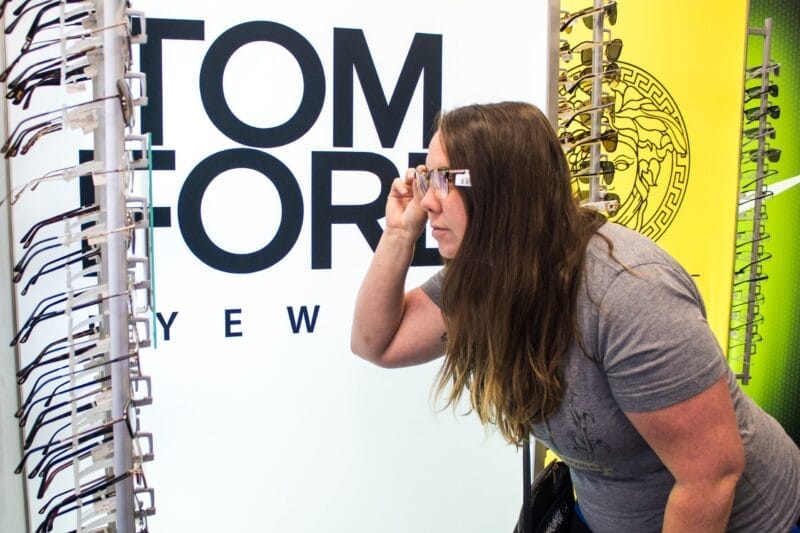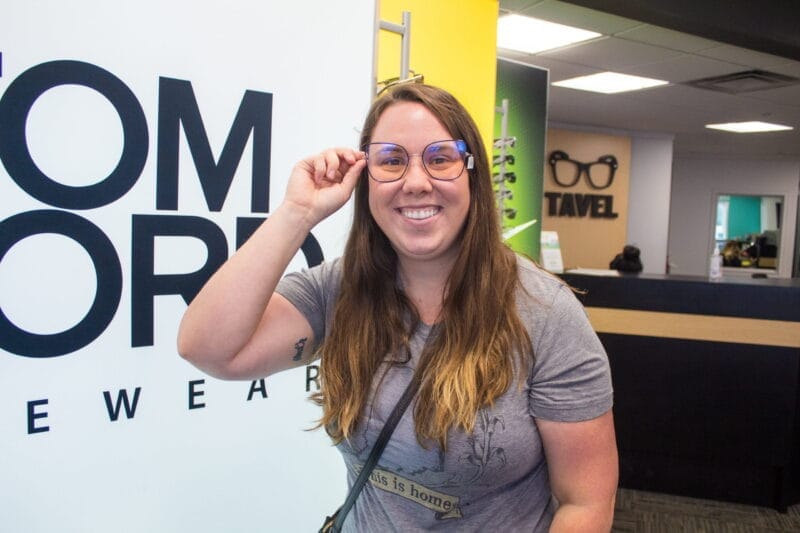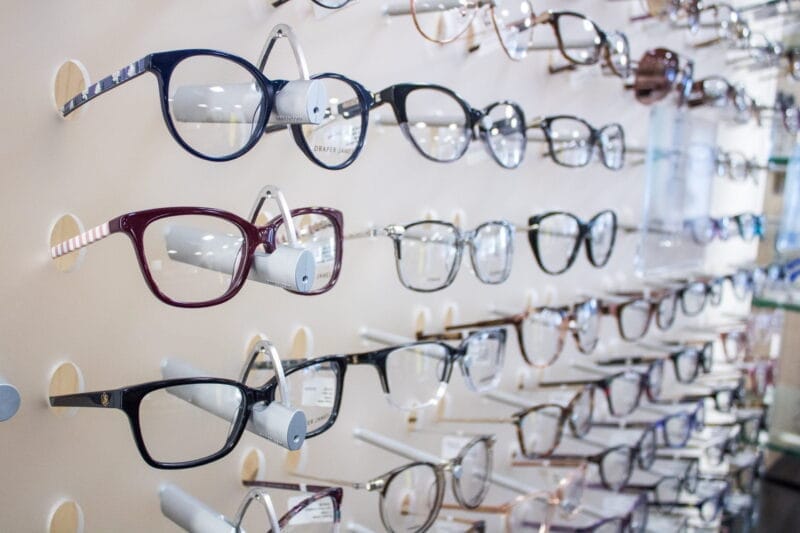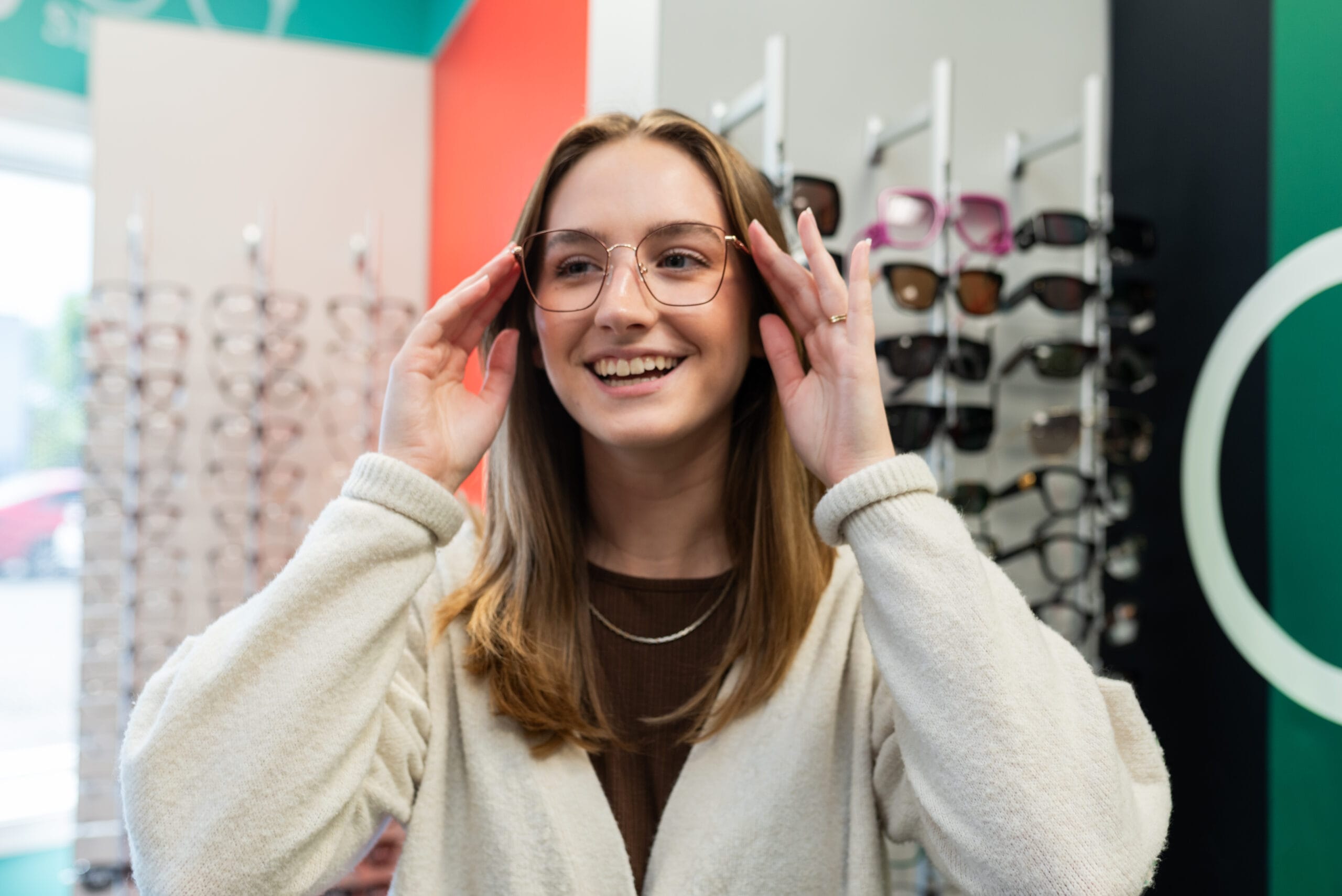When was the last time you had an eye exam? If you’re having a hard time remembering, it’s time to start thinking about scheduling an appointment, even if you’ve always had good vision. If you’re like most adults, you don’t go to the doctor unless you notice a problem. However, there are several conditions and diseases can go undetected until vision is already affected. Regular visits to an eye doctor is an important part of maintaining your eye health.
I don’t wear glasses, do I need an eye exam?
If you’ve never needed glasses, that doesn’t mean you can’t benefit from an eye exam. Vision screenings are helpful, but a comprehensive eye exam tests for much more than visual acuity. Our doctors have a wide variety of important tests and procedures to examine your eyes thoroughly. These tests can detect diseases like glaucoma or diabetes, as well as test your overall ocular health.
What should I expect in an eye exam?
Not sure what happens in an eye exam? You are not alone. Earlier, we followed our new marketing coordinator Stephanie, through her first eye exam in over 5 years.
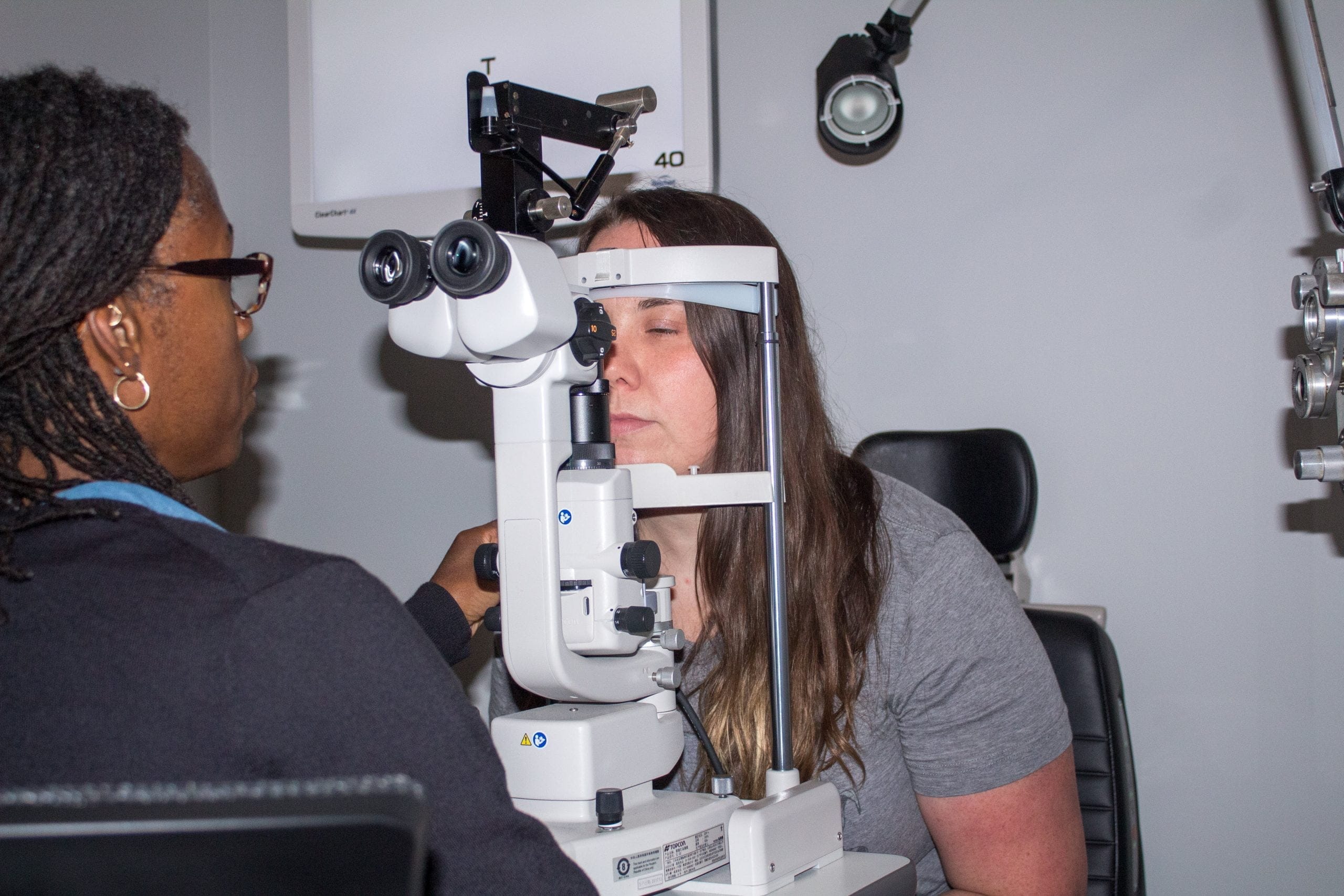
Visual acuity test

The visual acuity test is what most people think of when getting an eye exam. First, our optician will first test your visual acuity with an autorefractor. An image is shown that moves in and out of focus while taking several measurements of these reflections to determine when the eye is properly focused.
The benefits of an Optomap
Another useful resource at some of our locations is the Optomap. The Optomap is a fantastic tool that takes a 200° high-resolution image of your retina in a single shot. The amount of detail in these images enables an eye doctor to diagnose any problems or diseases quickly and partners well with the traditional dilated eye exam. Dr. Tavel offers the Optomap exam for FREE at the Terre Haute, Lafayette Road, East 10th, South East Street, and Elkhart locations.
Tonometry
To test the fluid pressure in your eye and evaluate your risk of glaucoma, your doctor will use a device that blows a small puff of air into your eye. It is completely painless and over in seconds.
Ocular Motility
We also test the muscles in your eye that control eye movement. Your doctor will ask you to follow an object with your eyes while keeping your head still.
Slit-lamp examination
The slit lamp allows the doctor a super magnified, detailed view of the eye using a small direct beam of light. This is a great tool to check the overall health of your eyes.
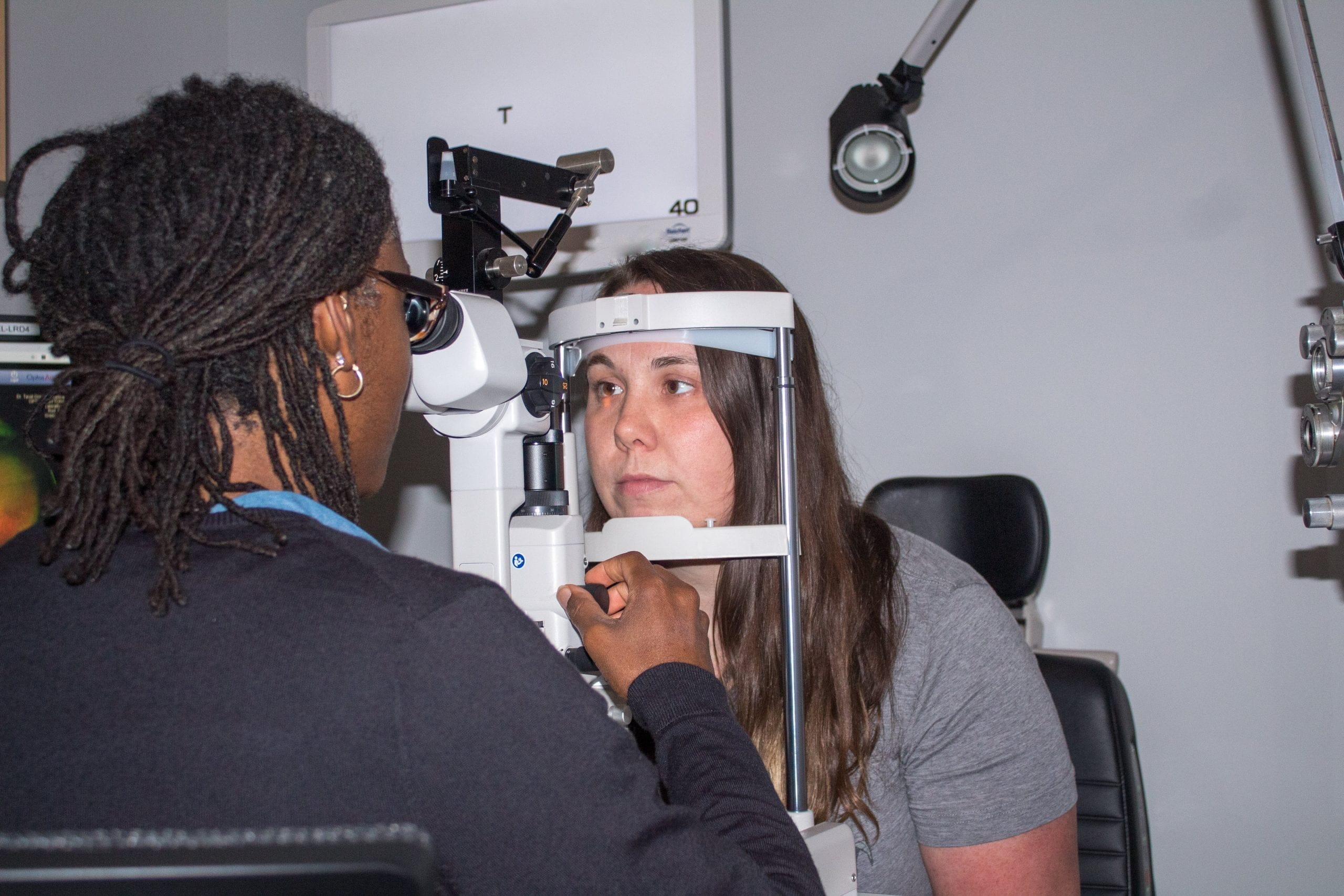
Dilation
During the exam, your eye doctor may also have your eyes dilated. Your doctor will apply eye drops that will cause your pupils to dilate, letting more light into the eye. This allows the doctor to see the back of your eye more clearly. Dilation does make your eyes extra sensitive to light. Pro tip: The sensitivity will take a few hours to wear off, so make sure you protect your eyes if it’s a sunny day with sunglasses.
What happens after an eye exam?
If our optometrists find out you need a prescription, or that your prescription has changed, you will get to check out our wide variety of frame options. Even though Stephanie hadn’t worn glasses before, she was experiencing symptoms of digital eye strain. Our eye doctor found that one eye showed a small prescription for myopia and the other eye suffered from slight astigmatism. To help alleviate digital eye strain, she opted for Kodak power up lenses, with added blue light protection.
The importance of regular exams
It’s time to take an interest in your eye health. Like yearly trips to the dentist or our primary doctors, it’s critical to make sure our eyes are thoroughly examined as well. For those who haven’t had an eye exam, or seen an eye doctor in a while, we hope this sheds some light on what to expect. We here at Dr. Tavel are dedicated to giving you the best eye care possible.
